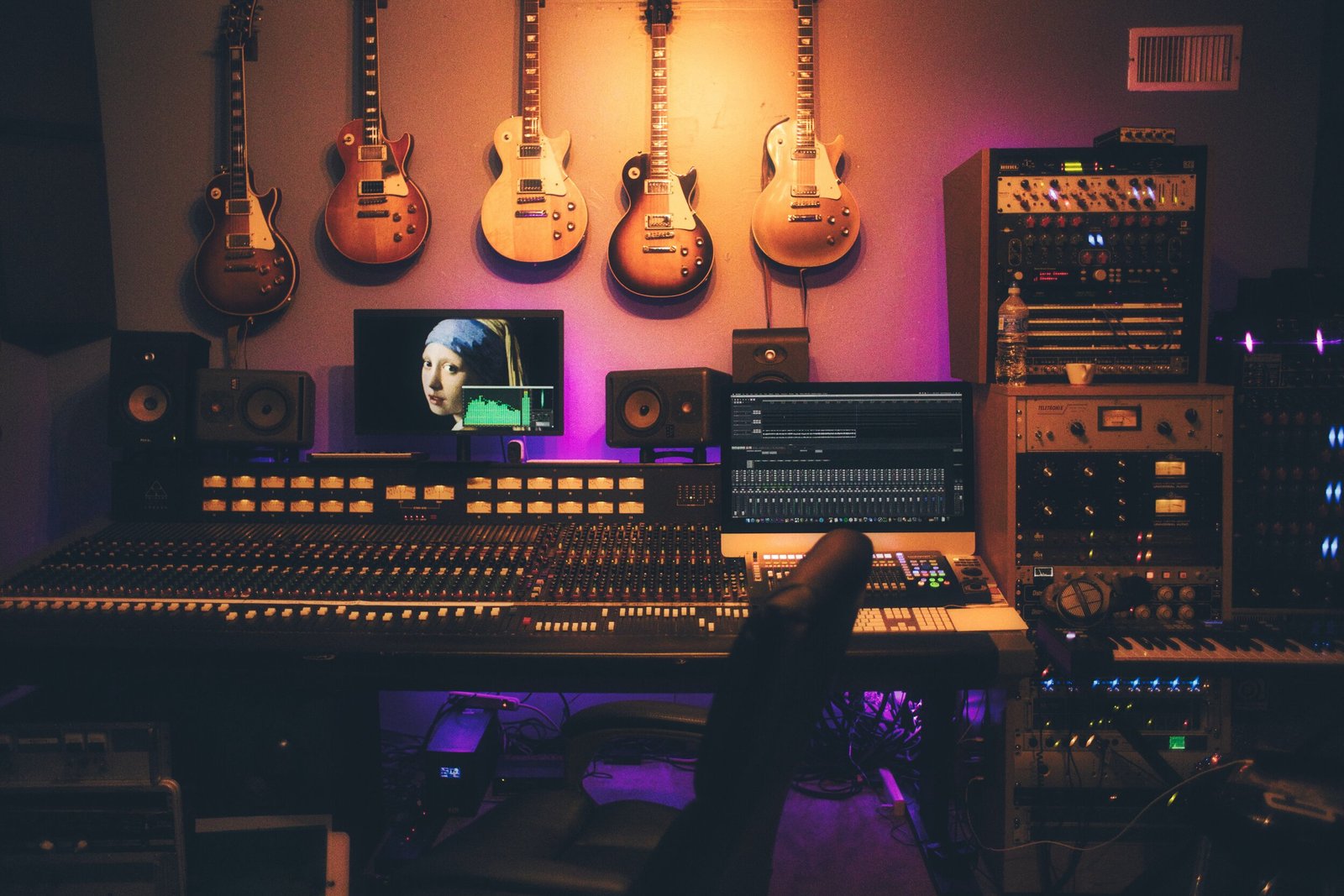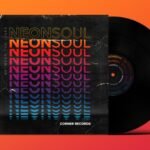Top Skills Every Composer Needs
- By -Alice Fossett
- Posted on
- Posted in Composer
Being a composer requires more than just creativity. If you’re aiming to succeed in the music world, it’s important to develop a range of skills. In this article, we will explore the top skills every composer needs. These skills help composers craft music that connects with listeners and enhances the emotional impact of a project. Whether you’re a beginner or an experienced composer, building these abilities will improve your craft.

Top Skills Every Composer Needs: A Strong Understanding of Music Theory
One of the first and most important skills every composer needs is a solid understanding of music theory. Music theory helps composers understand how different musical elements work together. It allows you to create harmonious and complex pieces.
1. Learn Scales, Chords, and Harmony
To compose effectively, you need to know scales, chords, and harmony. These are the building blocks of music. Understanding how they work together helps you write pieces that sound pleasing to the ear. Whether you’re composing for film, video games, or classical music, music theory will guide your creative decisions.
2. Understand Rhythm and Timing
Another key component of music theory is rhythm. Knowing how to structure your music with the right timing and rhythm is crucial. This includes understanding tempo, meter, and syncopation. Good rhythm creates energy and movement in your compositions.
Top Skills Every Composer Needs: Creativity and Originality
While technical skills are essential, creativity is what truly sets a composer apart. It’s creativity that allows you to express unique ideas and bring something new to the table. To succeed, composers must have a strong sense of imagination and originality.
1. Develop Your Own Style
Every composer has their own style. Some may focus on orchestral arrangements, while others may specialize in electronic music. Developing a personal style sets you apart from others and makes your music recognizable. Whether you’re inspired by classical composers or modern soundtracks, finding your unique voice is crucial to your success.
2. Think Outside the Box
Creativity also means thinking outside the box. Sometimes, a composer must come up with unusual or unconventional ideas to solve problems. For example, a composer might experiment with new instruments or sound effects to create an entirely new atmosphere. Being open to new possibilities can lead to exciting, innovative music.
Top Skills Every Composer Needs: Strong Communication and Collaboration
Composing music is often a collaborative process. Whether you’re working with a film director, video game developer, or band, strong communication skills are essential. Composers must understand the needs of their clients and work together to achieve a common goal.
1. Listen to Feedback
Good communication isn’t just about expressing your own ideas—it’s also about listening to others. Directors and producers often have specific visions for how they want the music to sound. Being open to feedback and adjusting your work accordingly is an important skill. This allows you to meet the needs of the project while maintaining your creative integrity.
2. Work Well with Others
Collaboration often involves multiple people working together toward a single vision. Whether you’re composing for a film, video game, or concert, being able to work well with others is essential. Composers must often coordinate with sound engineers, musicians, and other professionals. Effective teamwork ensures that everything comes together seamlessly.
Top Skills Every Composer Needs: Technical Proficiency
In addition to creativity, technical skills are also necessary. Today’s composers often use digital audio workstations (DAWs) and various software programs to create and edit music. Understanding these tools is key to producing high-quality compositions.
1. Master Digital Tools
Digital tools, such as DAWs (like Ableton Live, Logic Pro, or Pro Tools), are essential for modern composers. These tools allow you to create, arrange, and mix music electronically. Mastering these tools gives you the flexibility to compose and produce music without the need for traditional instruments.
2. Learn Sound Design
Sound design is an important skill for composers, especially in genres like video games or film. It involves creating unique sounds and effects that complement the music. Understanding how to design and manipulate sounds can greatly enhance the impact of your compositions.
Conclusion
In conclusion, the top skills every composer needs include a strong understanding of music theory, creativity, communication, and technical proficiency. Composers must balance their technical knowledge with their creative instincts to produce powerful, emotional music. By developing these skills, composers can improve their craft and stand out in a competitive industry. Whether you’re working on a film score, a video game soundtrack, or a personal project, these abilities will help you create memorable music that resonates with listeners. Start working on these skills today, and you’ll be on your way to success as a composer.



